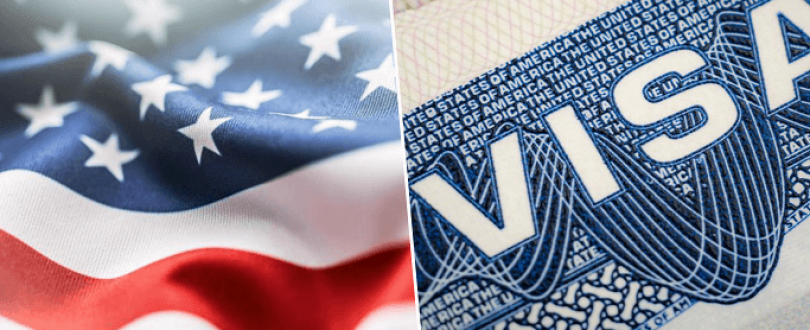
H1B Approvals for Indian IT Companies Drop by 43% Between 2015-17.
H1B approvals for Indian IT companies have dropped by 43% between 2015-17, a recent analysis of government data by the National Foundation for American Policy has found.
According to this recently published report, 8,468 new H-1B visas for Indian-based companies in the financial year 2017 equaled only 0.006 percent of the 160 million in the US labor force, thus also marking a decline of 43 percent for these companies since FY 2015, when they received a total of 14,792 H-1B visas.
While USCIS received 236 thousand applications for the FY 2019, there were around 45 thousand fewer applications for FY 2019, though there were still 105 thousand more applications than the annual-85 thousand applications permit allows.
According to the data, based on the fact that 199 thousand applications were received in FY 2017 for the FY 2018, even if the top 7-Indian based companies received no new applications, the number would have been reached within the first day of the April filing period. Meaning that the problem remains at the low annual limit for an economy like that of the US, rather than the companies which are receiving this type of visas.
According to the report, the seven top Indian-based companies are:
- TCS
- Infosys
- Wipro
- HCL America
- Larsen & Toubro
- Tech Mahindra
- Mindtree
Five of them saw declines in FY 2017 from FY 2016 (Infosys, Wipro, HCL America, Larsen & Toubro, and Mindtree). According to the report, the decline in H-1B visas for Indian-based companies is also due to the industry trends that have changed towards digital services such as cloud computing and artificial intelligence.
“… which require fewer workers, and a choice by companies to rely less on visas and to build their domestic workforces in America,” the report says.
Unlike what it is widely believed, the report highlights that the H-1B visa holders actually can create an environment for higher wages for natives, by contributing to the productivity growth. Another stressed out fact, is that the reduction of the H-1B annual limit in 2004 did not increase the hiring of US-born professionals.
“We… find that the reduced pool of H-1B workers available to for-profit firms did not lead firms to hire more Americans as there was no comparable response in the employment of native workers after 2004 in for-profit firms,” economists Anna Maria Mayda, Francesc Ortega, Giovanni Peri, Kecin Shih, and Chad Sparber conclude.
H-1B Visa is a US visa given by companies to foreign skilled workers to come to the US. Though its initial validity is no longer than three years, this visa can later be extended for up to six years. In order for one to be able to get this visa, he/she must first have a job offer by a company that will apply on their name.

